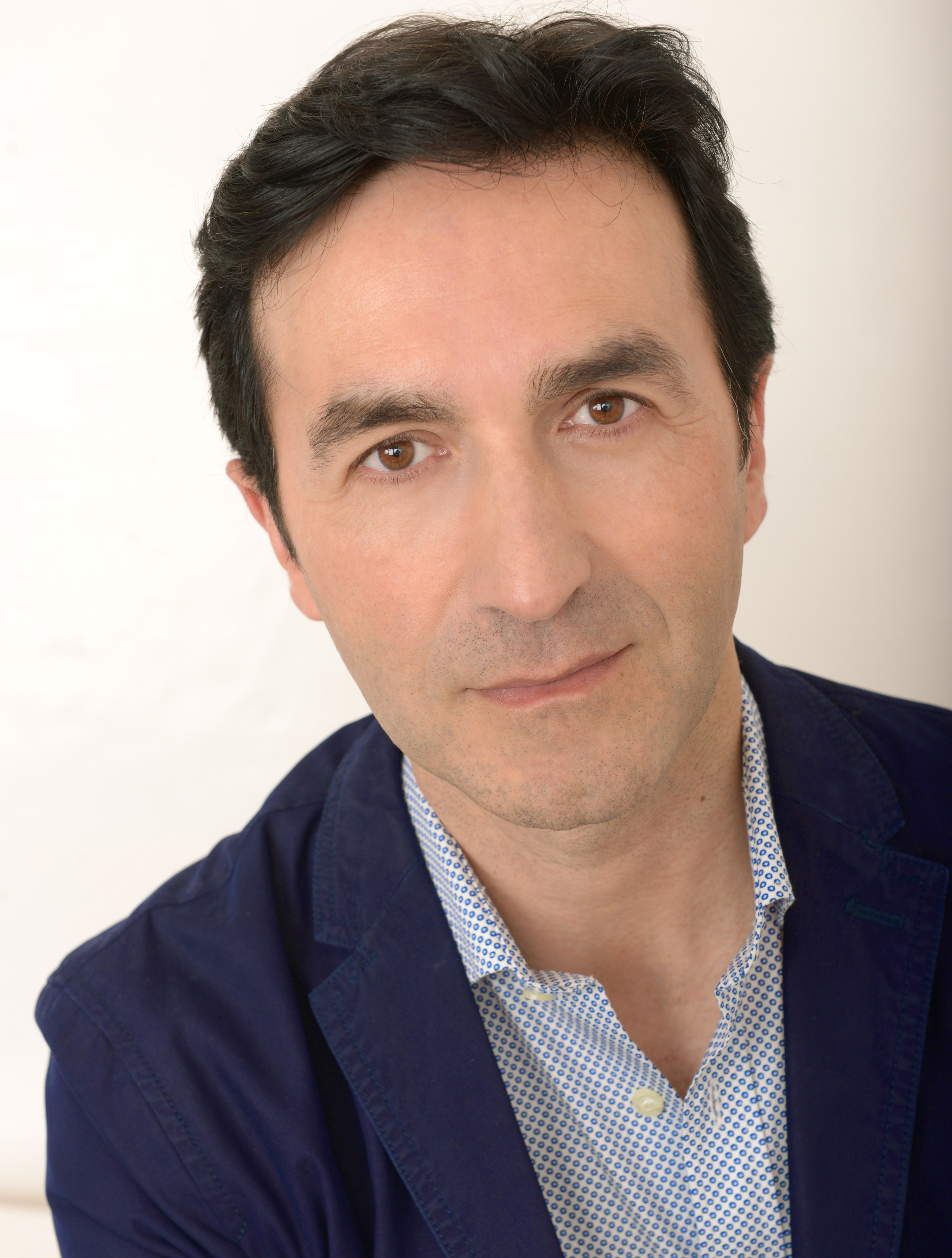|
THERMOSTAT
Turn down the thermostat, it’s so hot here, my mother says.
She is sitting in a wheelchair near the window.
The thermostat is a white plastic box on the wall.
It has a small digital screen, two buttons the shape
of a triangle--plus and minus, a dial with tiny indentations,
and the on-off switch. It doesn’t work.
The nursing home has central heating,
but you cannot control it from the bedrooms.
Are you my son or my grandson? How old are you?
Are you my son, the one that lives far away,
in that faraway country?
Why don’t you want to have children? she asks me.
It has been snowing all morning. Just stopped.
Look at the snow, she says, so clean.
I am reading a brochure the doctor left earlier.
Brain cells lose their ability to communicate with one another.
Two abnormal structures called plaques and tangles
are prime suspects in damaging and killing nerve cells.
Let’s go outside, my mother says.
The park across from her window is covered with fresh snow.
We cannot go outside, Mother, in this weather. I tell her.
At least open the window. I cannot breathe, she says.
Plaques are deposits of a protein fragment called
beta-amyloid that build up in the spaces between nerve cells.
Tangles are twisted fibers of another protein called tau
that build up inside cells.
Take your children to the park. Play with them, she tells me.
Snow is wasted when you don’t have children.
Open the window, my mother says. I want to feel the cold.
I don’t think we can do that. You may get sick, I say.
Who cares if I die today or tomorrow? Open the window, she says.
Just for fifteen seconds, I say. Hope they don’t see us.
I take the bed’s comforter and swaddle my mother,
wheelchair and all, like a cocoon. Fifteen seconds, I say.
I open the window. The cool air enters the room,
like a giant, like an ice river. Fifteen seconds, I say.
And we count together, whispering, and I close the window.
Published in APABAL Magazine, Number 10, November 2020
SYNAPSE
Santiago Ramón y Cajal proposed that neurons are not
continuous throughout the body.
The word "synapse” was introduced in 1897 by
Charles Sherrington.
Soon, my father says,
you will put two silver coins over my eyes.
You are going to be out of the hospital
in a couple of days, I lie.
Neurons are not all directly joined in a reticulum.
The nurse just left. The oxygen saturation is low, she told me.
My father plays with the bed sheets,
as if kneading the fabric, making a nest.
Why is the ceiling so far away? my father asks.
Information from other cells enters neurons
through dendritic tentacles and exits
via a gap at the end of long axons.
He lifts his right arm, the one not attached to the iv,
and picks up imaginary fruits.
Perhaps they are delicate eggs--partridge or quail.
He places them on his chest.
What are you doing, Father? I ask.
I am bringing this home, he says. Nobody should be hungry.
In a neuron, the axon ends.
Is everybody gone? my father asks.
Don’t forget to lock the door.
Days and weeks go by. My father sleeps long hours.
Fewer neurons willing to reach across the synapse void.
My father will die with his eyes open.
As if wanting to touch, to be touched.
Published in We Are Here. Village Poets Anthology. Moonrise Press, 2020
NOTE: The following quote “Neurons are not all directly joined in a reticulum. Information from other cells enters neurons through dendritic tentacles and exits via a gap at the end of long axons. In a neuron, the axon ends.” is taken from the book Nerve Endings by Richard Rapport.
DECODING SPARROWS
My father and I on the balcony
watch dozens of sparrows walking
on the roofs across from us.
A sparrow doesn’t really know how to make a nest, he says.
They are messy. Now, a stork, that’s different.
A stork makes a perfect nest.
My father looks at the clouds.
Can you tell a male from a female sparrow? he asks.
No, I can’t, I say.
What do they teach you in school, son? he says.
Look, male sparrows have a dark stain on the chest,
like a bib or an apron. Females don’t.
And I look,
and there they are:
chests with aprons, chests without aprons.
Everything in order.
Dirty or clean,
white or black,
male or female.
I cross my arms against my chest.
My father does not look at me.
And then he says,
But we are not sparrows, you know.
--Decoding Sparrows, What Books Press, 2019
|

|